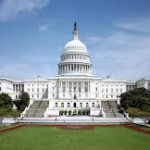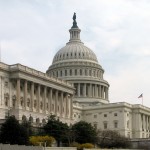 In Oregon, the Secretary of State allows people to change their party affiliation or unaffiliation. If you change your affiliation to Republican you can vote in the Primary in May. Then change back right after. It’s an easy guerilla in a hot minute.
In Oregon, the Secretary of State allows people to change their party affiliation or unaffiliation. If you change your affiliation to Republican you can vote in the Primary in May. Then change back right after. It’s an easy guerilla in a hot minute.
We are so disheartened, so discouraged, and so disenfranchised that we do not vote in the Primary. And what we are left with is what the PACs and the Corporate elite push through to the General.
Republicans have forced us out of their dialogue. The Democrats are entrenched. And they are both so focused on what divides them that they have failed to see the unified voice of a generation rising up to put these children into place.
We encourage sharing.








